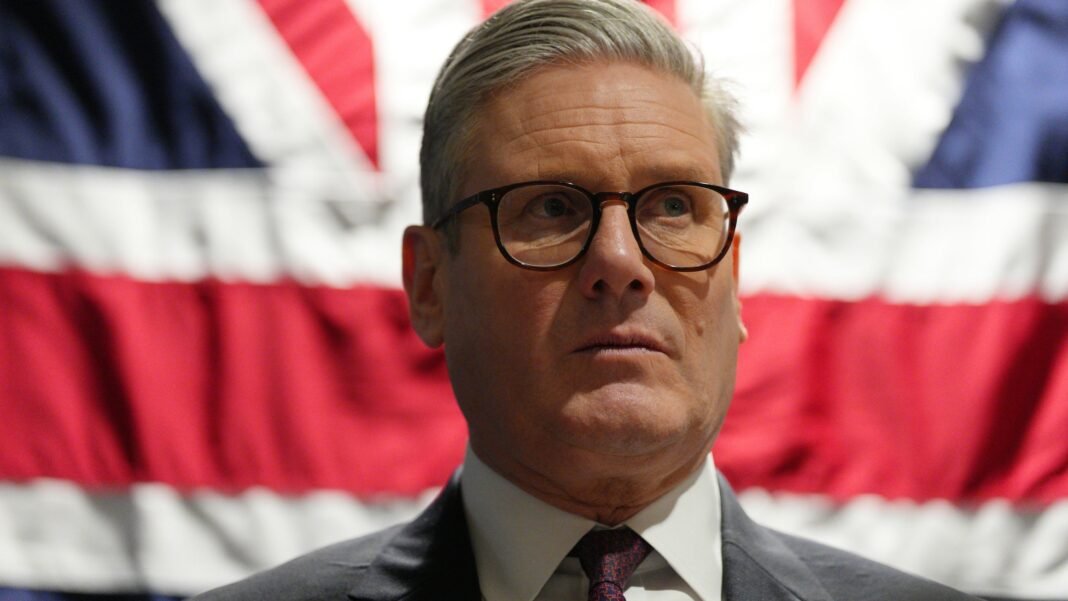As Prime Minister Sir Keir Starmer prepares to host a high-stakes international summit on Ukraine this week, the global spotlight is firmly fixed on the UK. The gathering, set to take place at Chequers, the Prime Minister’s official country residence, will bring together key Western leaders, NATO officials, and European Union representatives to discuss the next phase of support for Ukraine in its ongoing war against Russia. The summit comes at a critical moment in the conflict, with Ukraine facing intensified Russian offensives in the east and south. For Starmer, the meeting represents not only a test of his leadership on the global stage but also an opportunity to solidify the UK’s position as a leading ally of Kyiv. The outcomes of the summit could have profound implications for the future of Ukraine, European security, and the international order.
A central focus of the summit will be bolstering military support for Ukraine. With Kyiv’s forces struggling to regain momentum in their counteroffensive, Western allies are under pressure to provide advanced weaponry, ammunition, and training. Starmer is expected to push for concrete commitments from participants to ensure Ukraine can withstand Russia’s relentless attacks. The UK has already pledged significant military aid, but the summit will determine whether other nations follow suit. The question of Ukraine’s long-term security will also dominate discussions. While NATO membership remains a contentious issue, the summit will explore alternative frameworks to ensure Ukraine’s sovereignty and deter future Russian aggression. Starmer’s ability to broker consensus among allies will be crucial in shaping a sustainable security architecture for the region.
Beyond military aid, Ukraine faces immense challenges in rebuilding its economy and infrastructure, which have been devastated by the war. The summit will address urgent humanitarian needs and lay the groundwork for long-term reconstruction efforts. Starmer is expected to advocate for increased financial contributions from international partners, including the UK, to support Ukraine’s recovery. The summit will also serve as a test of Western unity at a time when political divisions and war fatigue threaten to undermine support for Ukraine. Starmer must navigate differing priorities among allies, particularly in Europe and the US, to present a united front. Any signs of discord could embolden Moscow and weaken Kyiv’s position on the global stage.
For Starmer, the summit is a defining moment in his premiership. Having pledged unwavering support for Ukraine during his election campaign, he now faces the challenge of translating rhetoric into action. His ability to galvanize international support and deliver tangible outcomes will be closely watched by both allies and adversaries. The Prime Minister’s diplomatic skills will be put to the test as he seeks to balance the demands of Ukraine with the political realities in participating nations. With public opinion on the war increasingly divided in some countries, Starmer must also make the case for continued support to domestic audiences, emphasizing the moral and strategic imperatives of standing with Ukraine.
The outcomes of the summit could shape the trajectory of the war and the future of European security. A successful gathering could reinvigorate international support for Ukraine, providing a much-needed boost to Kyiv’s efforts on the battlefield and beyond. Conversely, a lack of concrete commitments could signal a weakening of resolve among Western allies, with potentially dire consequences for Ukraine. As the world watches, Starmer’s leadership and diplomatic acumen will be under the spotlight. The colossal stakes of this summit underscore the UK’s pivotal role in shaping the global response to one of the most pressing crises of our time.
For more political updates and in-depth analysis, visit London Pulse News.


